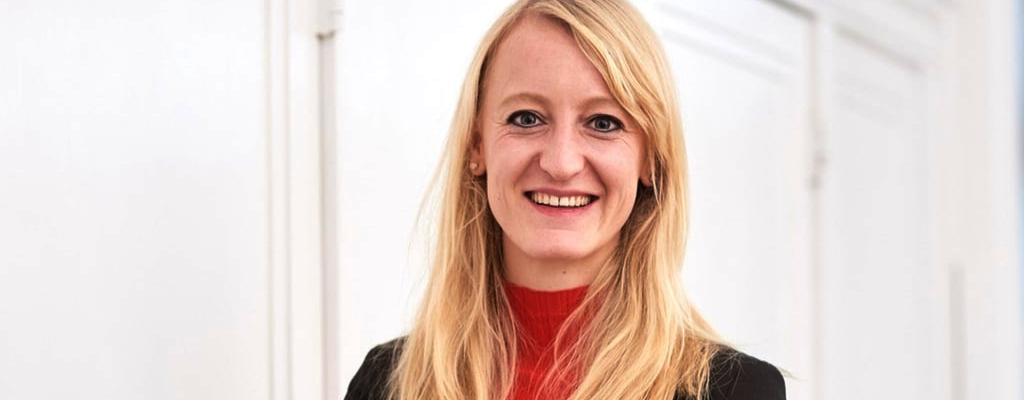Just as the European Commission had announced the results of the ‘European Universities Initiative’ in June 2019, we talked with Olga Wessels, who is a delegate of the European Consortium of Innovative Universities, or ECIU, in Brussels. The ECIU is one of the largest university alliances awarded funding via the initiative.
Mrs Wessels, what is ECIU?
The ECIU already exists for over 20 years, we started in 1997. It’s an alliance of fourteen universities today. They are all universities with strong links to their region, and that’s really in their DNA, innovation is in their DNA, and I think that’s what makes the ECIU a very special consortium of young and entrepreneurial universities.
What are the core aims of the ECIU alliance?
Back in 1997, it was not very done, to say that you work together as a university with businesses and industry. Back then, they were really pioneering entrepreneurship. Students can work on real life challenges and share best practices but also failures, so they can learn from each other. You ask industry, or the government, or societal organisations for a real life challenge, and then they ask students in a group to work on this real life challenge, to come up with a solution based on the knowledge that they achieved during their studies. We really believe that the future of universities is challenge-based universities, it’s strong European collaboration.
Moving on now to talk about the European Universities Initiative, what made Macron come up with this idea and why did the EU and the EC decide to get on board with Macron’s idea?
It was the famous Sorbonne speech by Macron where we first learned about the European University concept and, in this speech, he gave his vision for Europe. And what you see, if you look at today’s universities in Europe, especially after Brexit when the UK is leaving the EU, if you look at the rankings, there are not many highly ranked European universities in these rankings. So we need to build competitiveness of the universities, and how to do this, well, why not make them work together so they can learn and build their expertise?
So I believe that initiated the idea of Macron, and then a few months later, there was the Gothenburg summit with all the heads of government and, there, the heads of government agreed that the idea of a European University, the idea of Macron was a very good idea, and they asked the European Commission to implement this, and in the following months, the Commission was in touch with Member States and with stakeholders to make this abstract idea of European Universities a real call under the Erasmus+ programme.
The ECIU alliance was one of those chosen to receive a share of the €85 million funding. Being the largest university alliance involved in the initiative, how much money will be available to your network?
It is €5 million and it doesn’t matter if you are an alliance of 6 universities or an alliance of 14. For us it will be spread out quite thinly, but for us, to apply with a smaller alliance and exclude some of our members that have been with us for 20 years now just would not make sense. The downside, indeed, is that we have to put more of our own funds in, to make this a reality. So all universities need to co-fund. We also ask the national ministries to have some co-funding available.
What are the ECIU’s plans now that you know you have been awarded funding?
We have three years to set up a European University. The first important milestone for us is November, because then we will launch our ECIU University, and then the next year we will accept the very first challenges from society, which our very first students can work on. We will start with very small micro-challenges, and we will slowly build this in the coming years to hopefully in the future have whole study degrees and semester where students can work on really big challenges.
Finally, how can universities and, in particular, students benefit from a European University?
That is a very important question. I truly believe that international experience is very good for students. They learn entrepreneurship, creativity, self-confidence from studying abroad, learning about different cultures, and meeting new people from different nationalities.
Moreover, I think that our universities can learn a lot from each other. For example, the University of Twente has very strong study programmes but it can be that they are missing one type of expertise that Barcelona offers. So why not work closely together and join education in a big platform where students can pick and choose the courses that they really want to do. So, what we offer is more flexibility, more freedom to choose whatever they student wants, and big challenges they can work on.
George Oliver spoke with Olga Wessels via Skype on June 28, 2019 © ESNA





